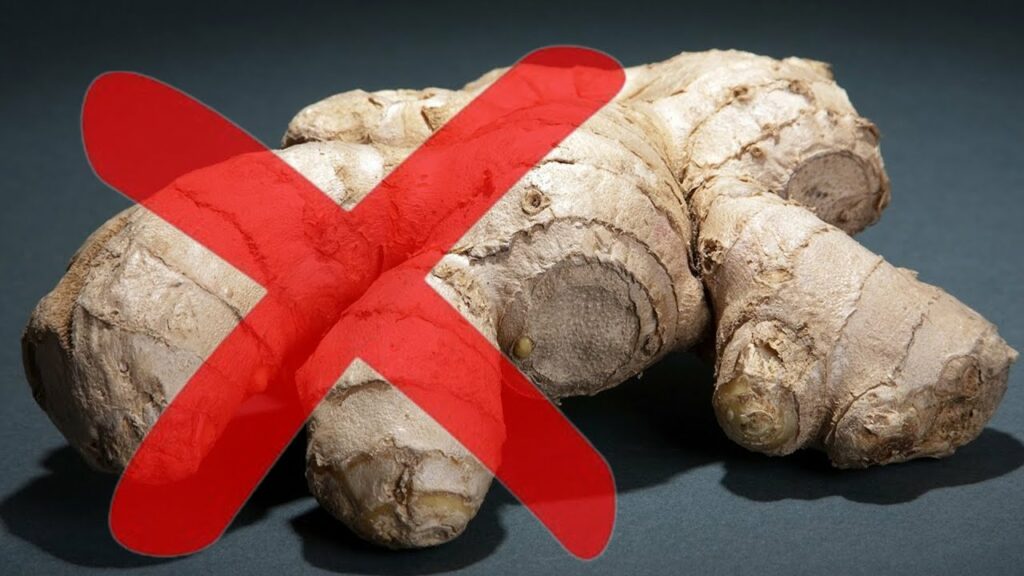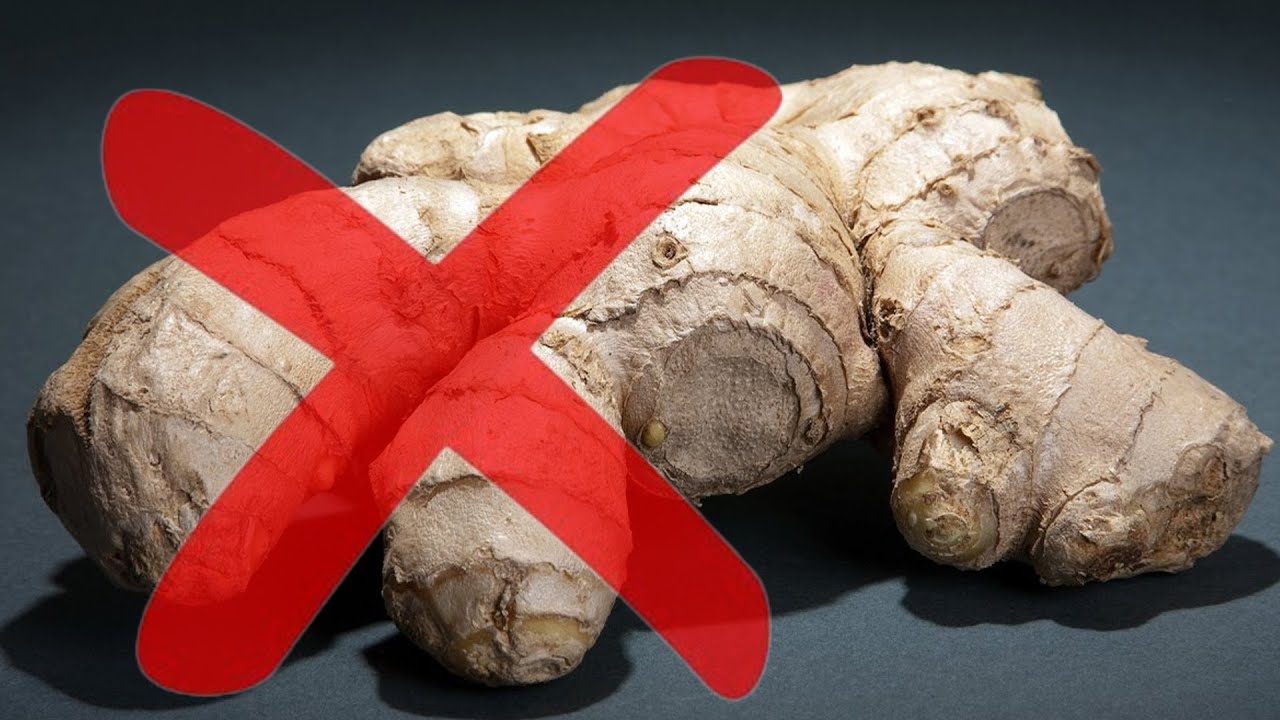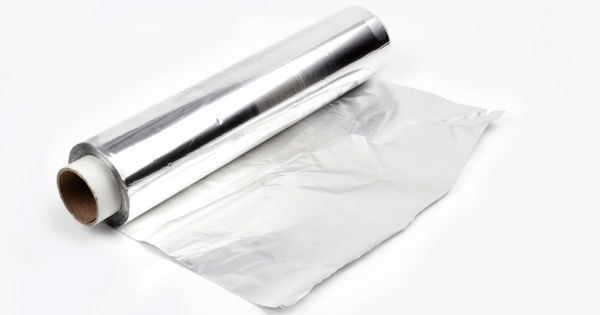
Ginger is a beloved spice known for its vivid flavor and impressive health benefits, including its ability to soothe an upset stomach and reduce inflammation. However, despite its numerous health advantages, there are certain conditions where ginger might not be the best choice. If you’re someone who enjoys adding ginger to your meals or drinks, it’s important to know when it might be best to skip it.
Blood Thinning and Surgery
Ginger has natural blood-thinning properties, which can be beneficial for some but problematic for others. If you are taking blood thinners such as warfarin or aspirin, adding ginger to your diet could enhance this effect, potentially leading to increased bleeding risks. Additionally, if you have an upcoming surgery, it’s advisable to avoid ginger two weeks before the procedure to prevent excessive bleeding.
Gallstones
Ginger stimulates the production of bile, which is great for digestion but can be an issue if you have gallstones. The increased bile production could potentially cause complications by moving the stones, leading to blockages and pain. If you’ve been diagnosed with gallstones, discuss with your healthcare provider before consuming ginger.
Medication Interactions
Ginger can interact with certain medications, beyond just blood thinners. For example, it can affect how your body processes medications for heart conditions and diabetes. If you’re on any medication, especially for heart or blood sugar management, it’s wise to consult with a healthcare provider to ensure ginger won’t interfere with your treatment.
Pregnancy
While ginger is often recommended for nausea associated with pregnancy, it should be used cautiously. High amounts of ginger can influence hormone levels and potentially increase the risk of miscarriage. It’s important to use ginger moderately during pregnancy and only as directed by a healthcare provider.
Reflux Issues
Though ginger can help soothe the stomach, it can exacerbate symptoms of certain gastrointestinal conditions, such as acid reflux. Ginger can irritate the esophageal lining, leading to more frequent and intense heartburn for some individuals.
Conclusion
While ginger offers numerous health benefits, it’s not suitable for everyone. If you have any of the above health conditions, it may be wise to avoid ginger or consult with a healthcare professional before including it in your diet. Remember, what works well for one person’s health might not be ideal for another. It’s always best to tailor your diet to your personal health needs.





